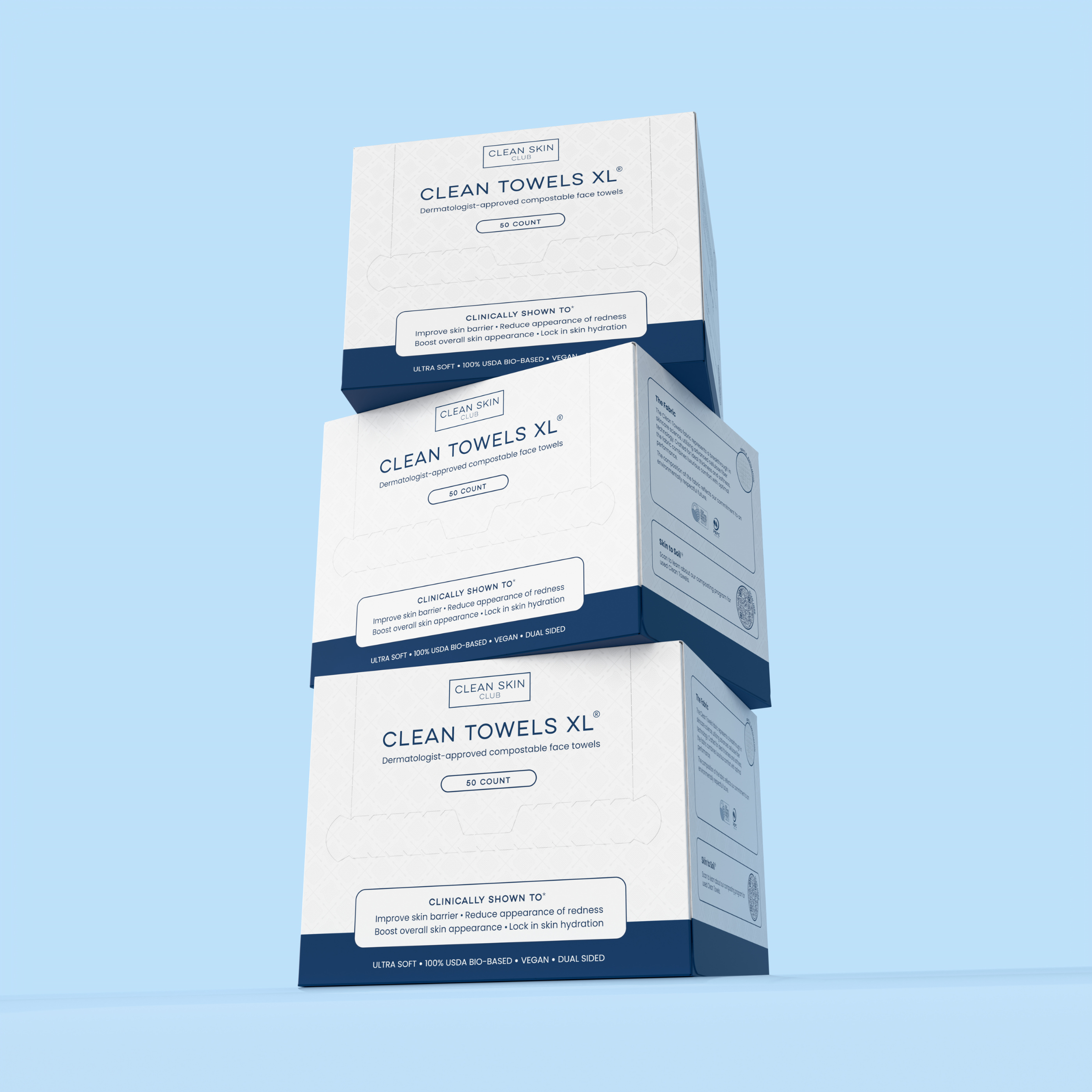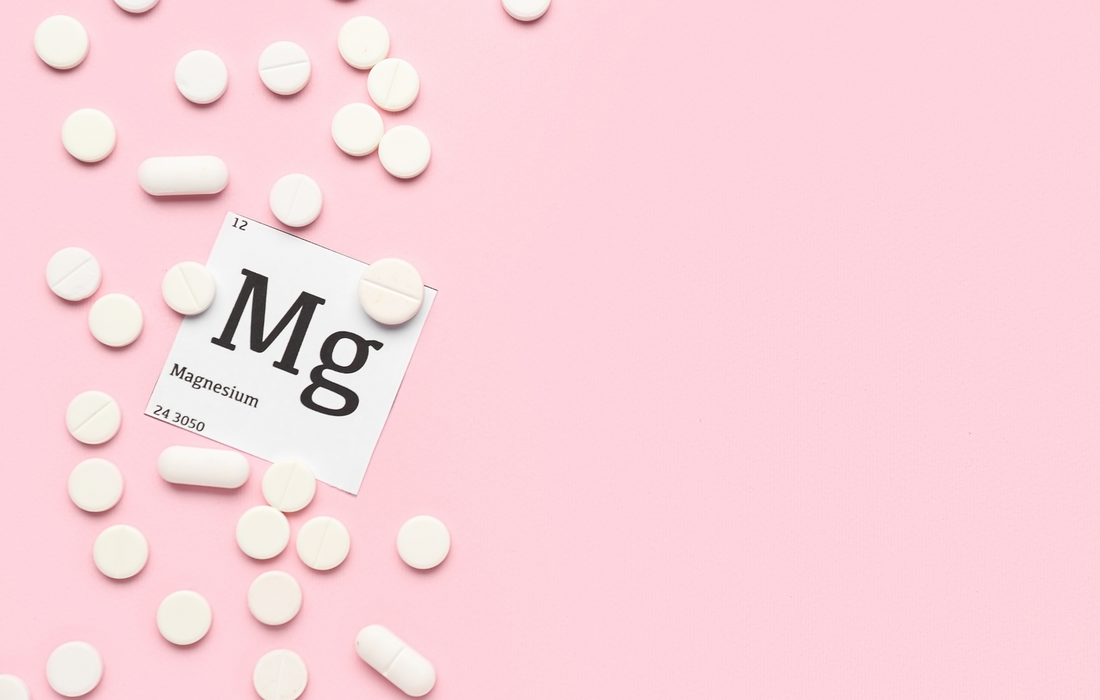Confused about what type of magnesium to take? There are nine different types of magnesium used in supplements, each having different benefits, such as supporting blood pressure regulation, improving muscle function, and enhancing bone health.
This guide on the benefits of magnesium will help you find a form that works specifically with you!
How Much of Magnesium Supplements Should You Be Taking?
Understanding how much magnesium your body needs is the first step to maintaining adequate levels. The Recommended Dietary Allowance (RDA) for adults is 400-420 mg daily for men and 310-320 mg daily for women.
For those with high or severe magnesium deficiency, it may be necessary to take higher doses of magnesium supplements, but very high doses can result in side effects like abdominal cramps or muscle weakness. The recommended magnesium intake is very personalized, and a higher amount of magnesium supplements isn't always better.
Before jumping into the steps, make sure to follow the steps below to restore magnesium levels:
- Address the root causes of magnesium deficiency: Chronic stress increases the release of the stress hormone cortisol, which can deplete magnesium.
- Eat a high-magnesium diet. Include green leafy vegetables like spinach and kale in your meals to increase your dietary intake of magnesium. Other high-magnesium foods include black beans, pumpkin seeds, lentils, whole grains, chia seeds, spinach, potatoes, avocado, figs, chicken, liver, raisins, milk, sardines, yogurt, and bananas.
- To boost magnesium's benefits, combine Vit6-rich foods with magnesium-rich foods to increase the absorption rate and help bring magnesium into the cell.
- Consider magnesium supplementation options (like magnesium oxide, citrate, or glycinate) depending on your specific health needs. Ask your doctor before starting new dietary supplements.
Three things to keep in mind when it comes to taking magnesium supplements...
- Take smaller, more frequent doses: Small doses make it easier for the body to absorb magnesium effectively, reducing the risk of taking too much magnesium.
- Explore alternative forms: If you have digestive issues, consider topical options like magnesium chloride, which bypasses the gut and improves muscle absorption.
- Assess mineral balance: Low potassium or sodium levels might affect how your body absorbs and uses magnesium.
A blood test or mineral panel can be helpful to determine nutrient deficiencies and avoid health issues like cardiovascular problems or muscle imbalances. These tests can help determine what amounts of magnesium are enough for your body.
L-Threonate
Magnesium L-Threonate is the best form of magnesium for increasing magnesium levels in the brain. Enough magnesium helps with nerve function, cognitive performance and memory, which could be useful for managing brain fog.
Glycinatecitrate
Magnesium Glycinate is one of the safest forms and with some of the least side effects. It might help with relaxation, pain, and sleep. Doses of 125-300 mg have shown to help mood conditions like depression (PMID: 16542786). It also plays a role in stress management and supports better sleep routines.
Sulfate
Magnesium Sulfate is mostly found in Epsom salts. It contains sulfur, which is a potent antioxidant needed for making glutathione. It can also relieve stress and muscle cramps.
Malate
Magnesium Malate is a good choice for people suffering from fatigue, since malic acid is vital component of enzymes that play a key role in ATP synthesis and energy production. It is highly bioavailable.
Chloride
Magnesium Chloride is a topical type of magnesium that is rapidly absorbed and can help localized aches, pains and restless leg syndrome. It can also help support detoxification.
Taurate
Magnesium Taurate may be the best form of magnesium for managing high blood sugar and high blood pressure, so it might be a good option if you have PCOS or insulin resistance. It can also help manage cardiovascular disease.
Bicarbonate
Magnesium Hydroxide is used to make magnesium bicarbonate. It is easy to absorb, reduces heartburn and alkalizes stomach acid. It is the best taken in-between meals.
Citrate
Magnesium Citrate is frequently used to combat constipation. It has fairly good bio-availability but, because it comes from fermentation, it can worsen histamine intolerance.
Orotate
Magnesium Orotate is a magnesium salt of orotic acid. It might be the best type of magnesium for cardiovascular conditions.
Thank you for reading!
This article of the Skinsider Scoop was graciously written by Functional Diagnostic Nutrition Practitioner and Certified Health & Wellness Coach, Marina Wright, and edited by the Clean Skin Club team. If you're interested in more from Marina, please shoot us an email, follow her Instagram - @marinawrightwellness



